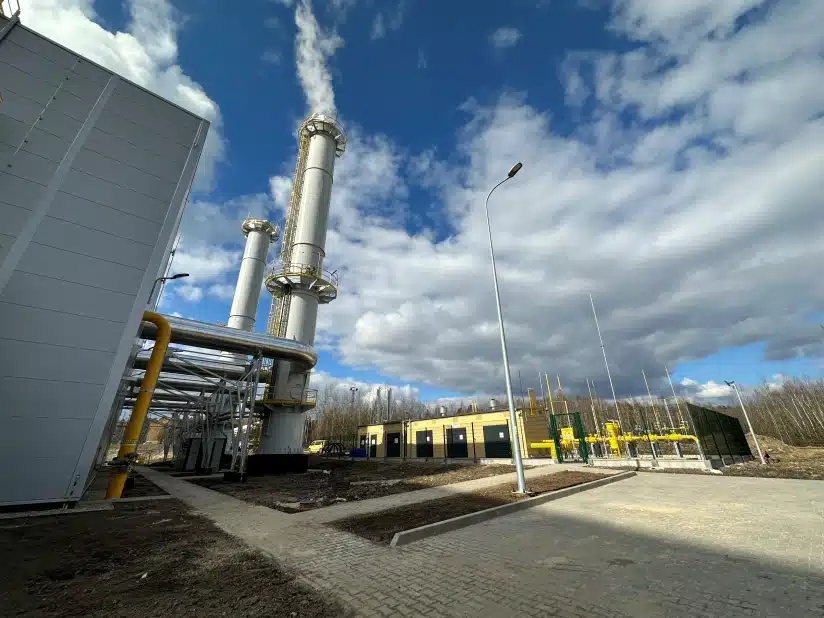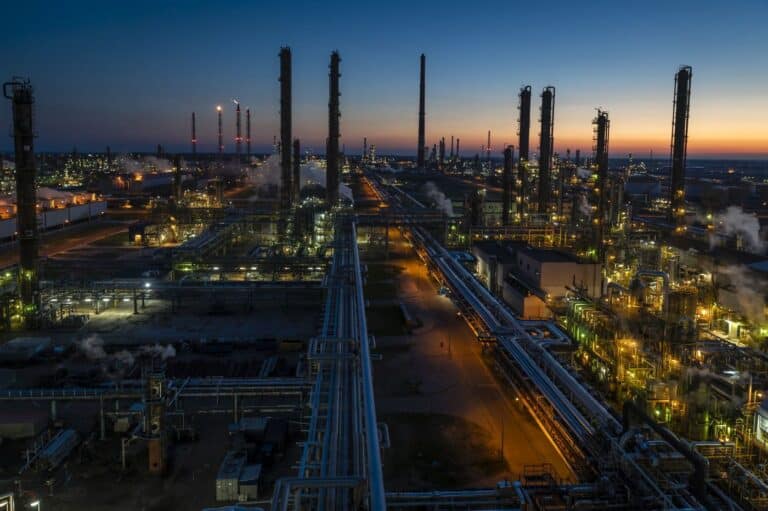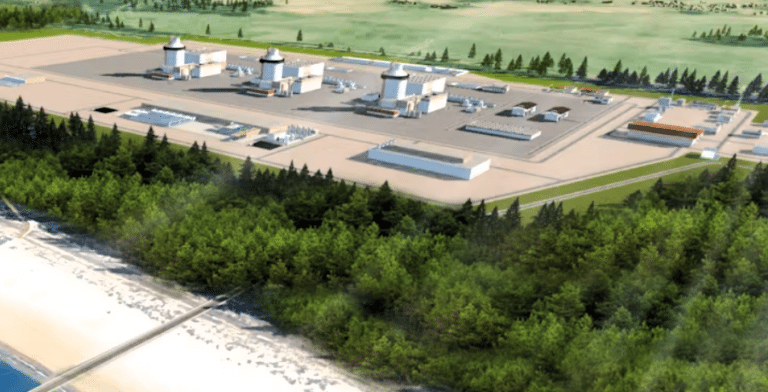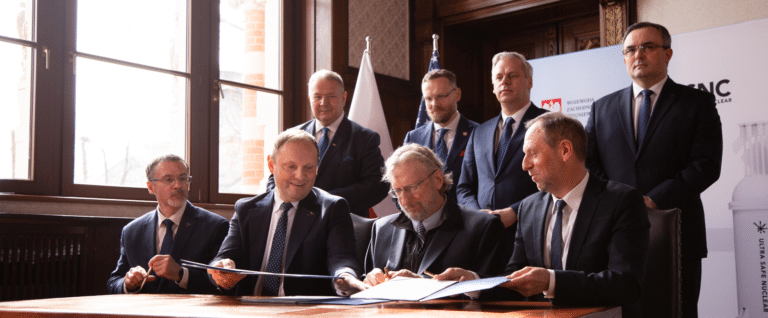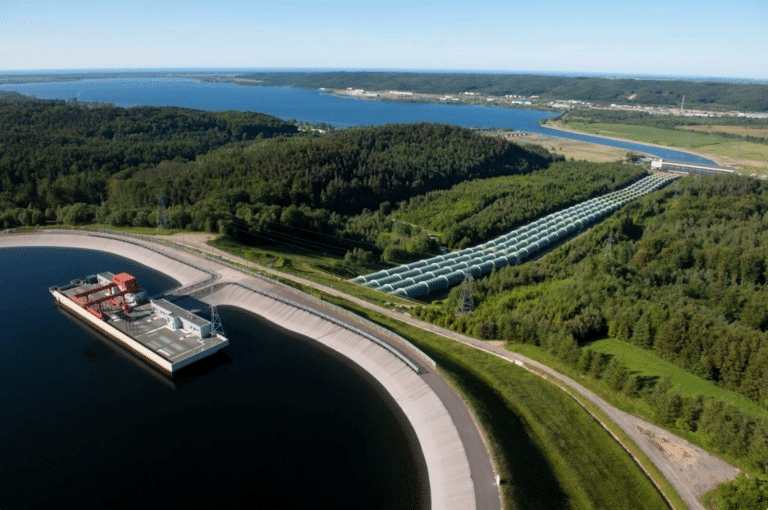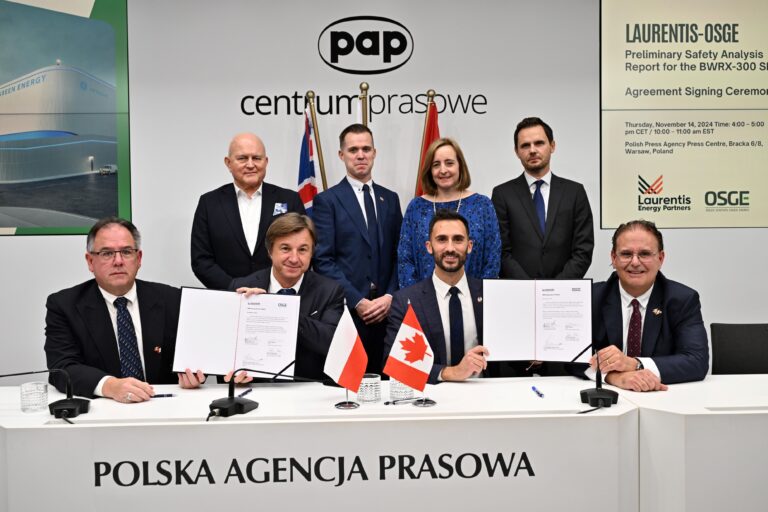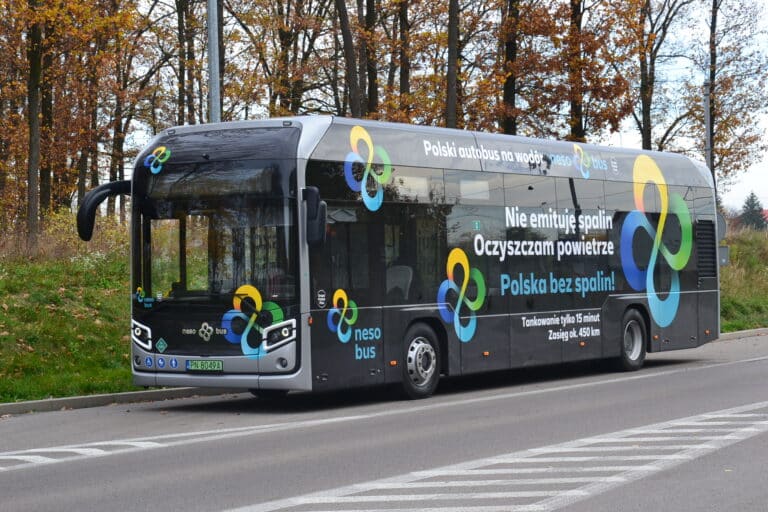PGE Group powers ahead in district heating transformation
PGE Energia Ciepła is transforming the heating sector by replacing old, inefficient and high-carbon generation sources with modern low- and zero-carbon solutions.
The PGE Group has been modernizing its CHP plants in Poland’s largest cities since 2018, commissioning modern low-emission cogeneration sources in Kielce, Bydgoszcz and Zgierz and by the end of 2023, investments in gas-fired sources in Gorzów Wielkopolski, Rzeszów and Wrocław will also be completed. In early 2024 Lublin and Siechnice will follow suit. All these projects significantly increase the comfort and security of heat supply for residents and significantly reduce emissions from CHP plants.
PGE Energia Ciepła, the largest supplier of district heating in Poland, is pursuing the goal of transforming the heating sector by replacing old, inefficient and high-carbon generation sources with modern low- and zero-carbon solutions. By the 2030s, coal, which will remain one of the most important sources of electricity in Poland, will cease to be a source of heat generated by the PGE Group.
“By investing in modern technologies tailored to the needs of local heat markets, we are increasing the security of supply for local residents, improving the flexibility of generation sources and significantly reducing the impact on the environment,” said Wojciech Dąbrowski, CEO of PGE Polska Grupa Energetyczna.
“Replacing existing heat sources with natural gas-based technology will result in a decrease in emissions: sulfur oxides by 90%, carbon dioxide by 40%, nitrogen oxides by 20% and dust by 85%. The modernization of the CHP plant is also a business benefit for the PGE Group. After the crisis caused by Russia’s aggression against Ukraine, gas prices have now stabilized and certainty of supply is provided to Poland by the Baltic Pipe and the LNG Terminal in Świnoujście,” adds Dąbrowski.
PGE’s decarbonization of district heating has begun in Zielona Góra and Toruń, where gas has already been used for heat production for several years. In 2022, the first innovative electrode boilers in Poland, with a capacity of 130 MW, were launched in Gdansk.
In 2023, PGE Energia Ciepła commissioned three more investments. In May, a 160 MWt gas-fired boiler plant in Kielce was commissioned. In July, a state-of-the-art, low-emission gas-fired boiler plant with a total capacity of about 40 MW went into operation in Bydgoszcz, allowing the complete shutdown of coal-fired boilers at the Bydgoszcz I CHP Plant. The total cost of the investments in Bydgoszcz, both EC I and EC II, is more than PLN 487 million. In October 2023, an investment was completed at the CHP plant in Zgierz, with a capacity of 13.5 MWe and 15 MWt, which will produce electricity and heat using gas cogeneration, supplemented by solar panels. The cost of this investment is PLN 96 million.
“Currently, PGE Energia Ciepła has nine investment projects under way, related to the construction of new gas cogeneration sources: in Bydgoszcz, Kielce, Gdynia, Gorzów Wielkopolski, Lublin Wrotków, Rzeszów, and Siechnice near Wrocław and in the Wrocław-Zawidawie district. Another 15 cogeneration and district heating projects using gaseous fuels are in the pipeline, including in Gdańsk and Kraków. PGE Energia Ciepła is allocating a total of more than PLN 7.7 billion for investment projects over six years,” says Maciej Jankiewicz, President of the Management Board of PGE Energia Ciepła.
In 2023, PGE Energia Ciepła also plans to complete further investments. In November, a 62 MWt gas-fired peak load boiler plant and a 32.5 MW water boiler will be commissioned in Gorzów Wielkopolski. The investment costs PLN 44 million. Also this year, two cogeneration units with a capacity of 1.06 MW each will be put into operation in Wrocław- Zawidawie, as well as the development of a solar collector system.
In December, a gas-fired boiler plant with a total capacity of 186 MWt and a value of PLN 86 million will be ready in Rzeszów. The expansion of the second line of the Thermal Processing Plant with Energy Recovery (ITPOE) is also underway here, at a cost of PLN 406 million. In addition to the investment in Kielce, which was completed in May 2023, a gas-fired unit based on an 8 MWe gas turbine with a water recovery boiler is scheduled for commissioning later this year. At the end of January 2024, the investment in Wrotkow, Lublin, which includes a reserve-peak boiler plant and mobile gas-oil boilers, will be ready. Its total cost is PLN 86 million.
The value of PGE Energia Ciepła’s current largest investment, the new Czechnica-2 CHP in Siechnice, is more than PLN 1.24 billion. The new low-carbon CHP plant will consist of a gas-steam unit, four peaking-reserve boilers and a heat accumulator. EC Czechnica-2 is expected to start operation in the second quarter of 2024.Thanks to natural gas power, annual CO2 emissions will be reduced by as much as 622,000 tons, or 61%. This also means primary energy savings of nearly 600,000 MWh per year. The thermal power of the new unit will reach 315 MWt (today it is 247 MWt), and electric power will reach 179 MWe (today 100 MWe).
In order to fully realize the goals of the European Union, which has set the direction of change in the area of climate and energy policy, PGE Energia Ciepła is investing in cogeneration sources supported by RES, among other things. An example is PGE Toruń, where the green transition has been successfully implemented, while the district heating system in Toruń is a model for other cities in terms of cooperation between cogeneration and RES sources. It already meets the EU requirements set for 2026. The company has also invested in RES systems in Zgierz and Wrocław-Zawidaw.
“The gradual shift away from the use of coal in heating by 2030 will allow us to fully meet the EU requirements, but also to significantly reduce C02 emissions, which are a significant cost in heat and energy production,” says Dąbrowski.
Preparations are already underway for further investments, the aim of which, as before, will be to shut down obsolete, inefficient and high-emission sources and replace them with new solutions. PGE Energia Ciepła is preparing 15 investments with a total value of PLN 4.5 billion, among others, in Gdańsk, Gdynia and Kraków. On the coast, these will include a gas pipeline planned for May 2025, which will allow the boilers in the reserve-peak boiler plant II to be supplied with gas. In 2026, the company plans to complete the installation of gas engines and a biomass boiler. In Gdańsk, large-scale heat pumps are to be put into operation in 2028.
PGE Energia Ciepła is considering various scenarios to meet environmental requirements. In Wroclaw, gas-powered cogeneration units, gas-fired water boilers and electricity-powered industrial heat pumps and electrode water boilers, among others, may be developed. Mention should also be made of the development of the waste heat recovery or waste heat utilization plant segment. An example of this is the ITPOE in Rzeszów, which will be able to process a total of up to 180,000 tons of waste per year upon completion of the second process line. The investment will be ready at the end of 2024.
The modernization process of the district heating segment includes all heat sources in the 16 cities where PGE Energia Ciepła is engaged in the production and supply of district heating.

